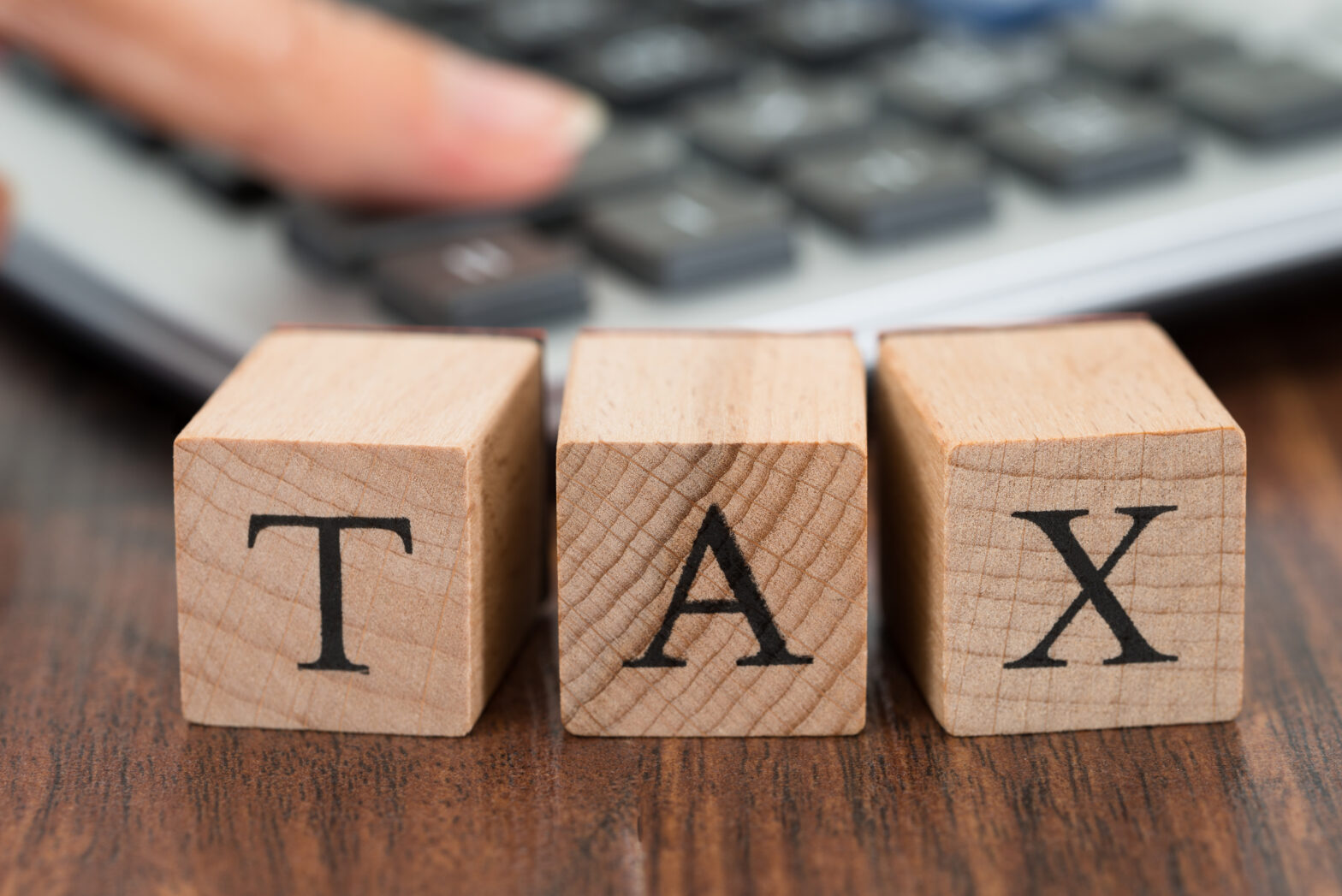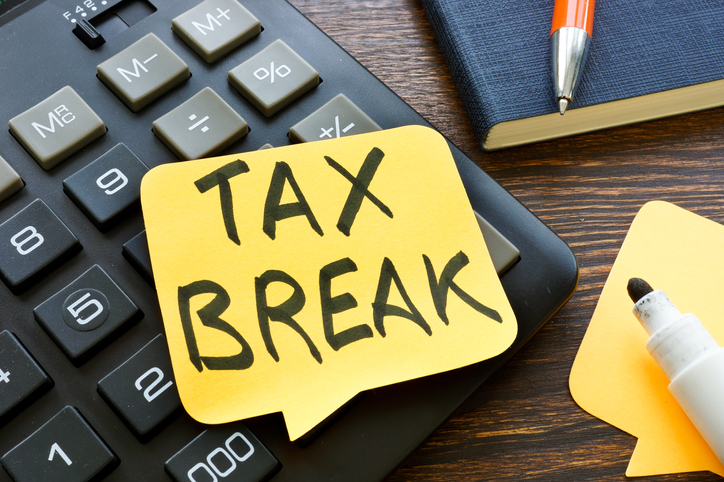Throwing in the towel isn’t done lightly. It requires a complete and utter admission that you can’t win. In this light, following the implementation of the government’s IR35 reforms in the private sector in April 2021, IPSE research has shown that a third of self-employed workers have followed Muhammad Ali, Joe Frazier III and Danny O’Sullivan’s example by throwing in the towel and giving up. For those that remain as self-employed workers, the changes to off-payroll working have left them bruised and on the ropes.
The reforms have completely changed how affected freelancers are taxed. Rather than determining their own taxes, the reforms to IR35 have put hiring organisations in charge of making notoriously complex employment status decisions. This change, while seemingly minor to those outside of the sector, has had far-reaching consequences for thousands of freelancers across the country.
A report recently published from the National Audit Office into the implementation of IR35 in the public sector in 2017 found that the measures generated significantly more revenue than expected, suggesting that clients were incorrectly determining that IR35 applied to more engagements than it should. Moreover, research from The Association of Independent Professionals and the Self-Employed (IPSE) found that the reforms have been so difficult to understand that almost half (48 per cent) of companies using a freelancer did not know the percentage of contractor engagements that were inside or outside IR35.
While a significant number of self-employed workers have managed to bob and weave past the flawed reforms over the past year, it is currently unclear how many will be able to face a few more rounds with IR35. If the changes to off-payroll tax are allowed to continue, then the economic uncertainty that IR35 generates could result in more and more self-employed workers throwing in the towel and leaving contracting altogether. With freelancers providing skills, dynamism and ideas to businesses and the economy as a whole, the continuation of the reforms could also damage the country’s long term growth.
No IR35 changes from the government
Tackling the confusion around the changes to off-payroll tax is therefore paramount to the success of the country and the self-employment sector. Predictably, however, there is no sign from the government that it might be prepared to reconsider this poorly designed policy. Despite numerous campaigns from organisations like IPSE, the Treasury and HMRC have so far have failed to address the problems surrounding the reform.
But IPSE’s messaging is cutting through in some quarters. It was positive to read Lord Frost, the recently departed Brexit Minister, calling for ‘the intrusive new IR35 rules to be scrapped’ in the Telegraph last Saturday. If the newspaper really is seen by the Prime Minister as his ‘real boss’, as has been reported, then there may be hope yet.
If the government doesn’t relent soon, then IR35 will continue to land punch after punch on the self-employment sector. It could jeopardise the industry’s ability to recover post-Covid and lead to further economic uncertainty for the country’s self-employed. Inaction will also dissuade former freelancers to rejoin self-employment and it will allow the reform to continue to deal financial damage to a sector that has been hit considerably hard during the pandemic.
One of the greatest strengths of the UK economy has always been its flexible labour market and at the heart of that has been a vibrant and growing self-employed sector. Right now, the sector is feeling the strain of IR35 and while it isn’t completely knocked out, it isn’t moving like a butterfly and stinging like a bee like it used to do. If the government is serious about boosting economic growth, it must do more to enable self-employment to flourish by reviewing IR35 and solving the issues around the flawed reform.








